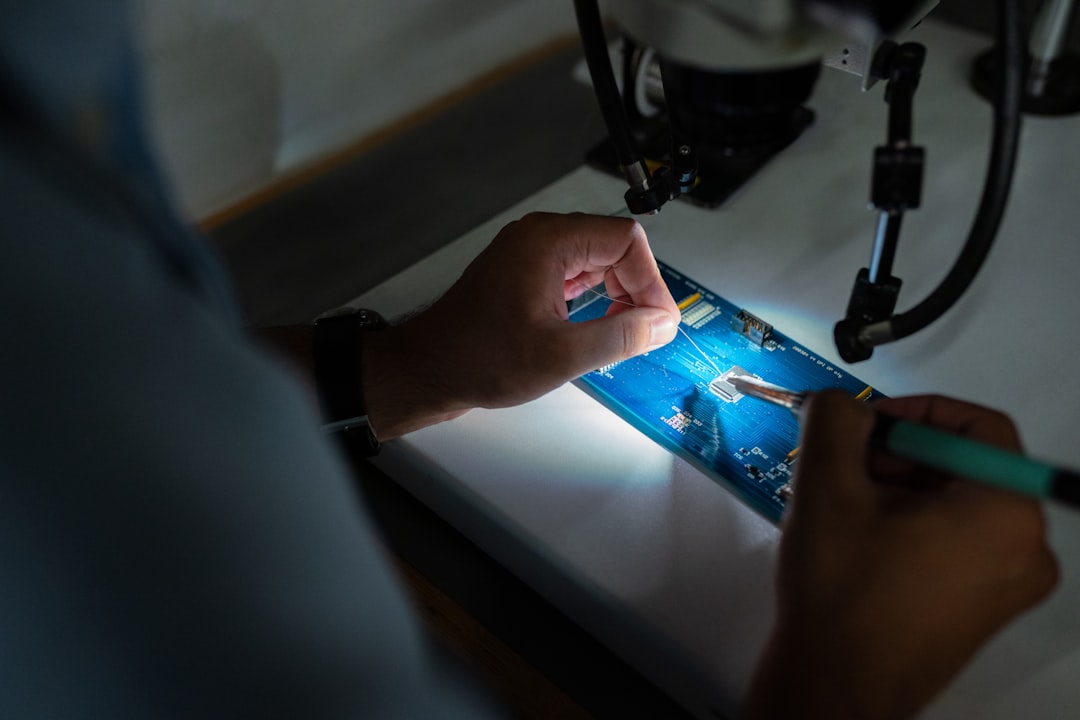Artificial Intelligence (AI) is rapidly transforming the way we live and work in today’s digital age. From virtual assistants like Siri and Alexa to self-driving cars and predictive algorithms in healthcare and finance, AI is revolutionizing various aspects of our daily lives. With its ability to analyze vast amounts of data and make decisions quickly and accurately, AI has the potential to completely reshape our world in ways we never thought possible.
One of the most significant ways in which AI is changing the way we live is through the rise of virtual assistants. These intelligent systems are capable of understanding natural language, responding to voice commands, and performing tasks such as making appointments, setting reminders, and answering questions. Virtual assistants have become an integral part of our daily routines, helping us stay organized, find information quickly, and even control smart home devices.
In the workplace, AI is streamlining operations and increasing productivity. Companies are using AI-powered tools to automate repetitive tasks, analyze data to make informed decisions, and even assist with customer service inquiries. AI algorithms can sift through vast amounts of data to identify patterns and trends, helping businesses optimize their processes and make more strategic decisions. This has led to increased efficiency, reduced costs, and improved customer experiences across various industries.
AI is also making waves in the healthcare sector, where its potential to revolutionize patient care and disease detection is evident. From predictive analytics in personalized medicine to robotic surgery and virtual health assistants, AI is transforming the way doctors diagnose and treat patients. Machine learning algorithms can analyze medical images, genetic data, and patient records to provide accurate diagnoses and treatment recommendations, leading to better outcomes and reduced healthcare costs.
Moreover, AI is driving innovation in transportation with the introduction of self-driving cars and smart traffic management systems. These autonomous vehicles use sensors, cameras, and AI algorithms to navigate roads safely and efficiently, reducing the risk of accidents and improving traffic flow. In addition, AI-powered transportation systems are optimizing logistics and supply chain operations, leading to faster deliveries and reduced emissions.
In the financial sector, AI is revolutionizing the way we manage our money and make investment decisions. From robo-advisors that provide personalized investment recommendations to fraud detection algorithms that identify suspicious transactions, AI is helping financial institutions enhance security, reduce risk, and improve customer satisfaction. With the ability to analyze vast amounts of financial data in real-time, AI is enabling faster and more accurate decision-making in a highly competitive market.
AI is also impacting the way we communicate and interact with each other through chatbots and virtual assistants. These intelligent systems are capable of understanding natural language, responding to voice commands, and providing personalized recommendations. Chatbots are being used by businesses to automate customer service inquiries, provide product recommendations, and even assist with purchases, leading to increased customer engagement and satisfaction.
Furthermore, AI is transforming the entertainment industry with personalized content recommendations, content creation tools, and virtual reality experiences. Streaming platforms use AI algorithms to analyze user data and preferences to recommend relevant content, leading to increased user engagement and retention. AI-powered content creation tools are enabling creators to produce high-quality videos, music, and artwork quickly and efficiently, revolutionizing the creative process.
Despite the numerous benefits that AI brings, there are also concerns about its impact on jobs and the economy. As AI continues to automate tasks traditionally performed by humans, there is a fear that it could lead to job displacement and income inequality. However, proponents of AI argue that it will create new opportunities for innovation and growth, leading to the creation of new jobs and industries.
In conclusion, artificial intelligence is changing the way we live and work in profound ways. From virtual assistants and self-driving cars to predictive healthcare algorithms and personalized financial services, AI is revolutionizing various aspects of our daily lives. As AI continues to evolve and become more integrated into our society, it is crucial that we embrace its potential while also addressing concerns about its impact on jobs, privacy, and ethics. By harnessing the power of AI responsibly and ethically, we can create a future that is smarter, more efficient, and more innovative for all.


